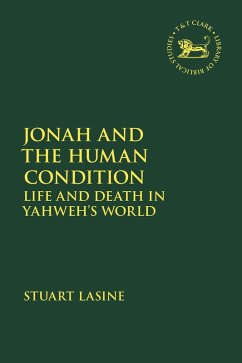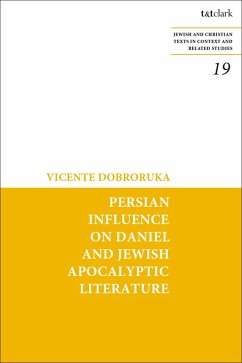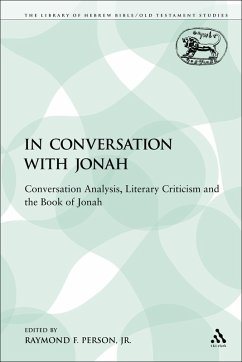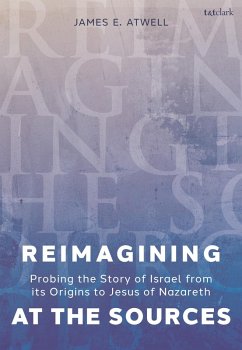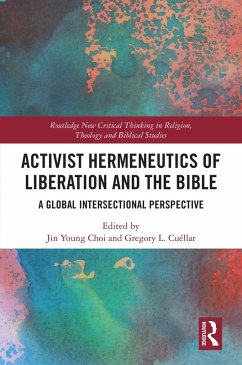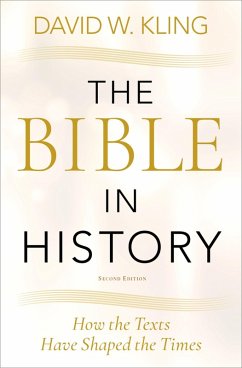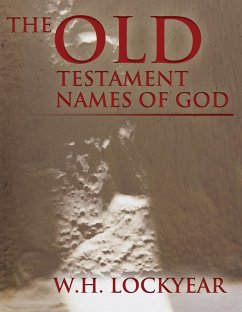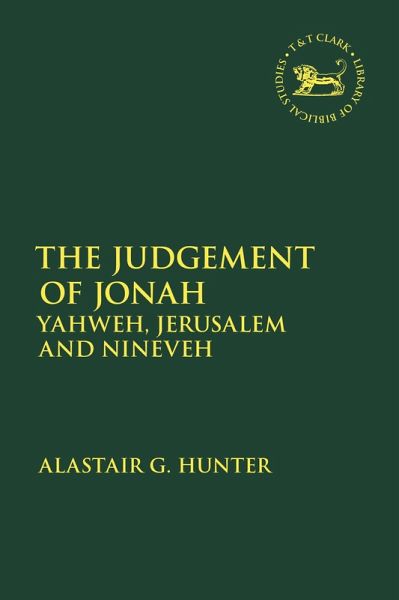
The Judgement of Jonah (eBook, PDF)
Yahweh, Jerusalem and Nineveh

PAYBACK Punkte
12 °P sammeln!
This study is designed as a commentary with a difference, where the reading of the prophet's travails is explored in the context of two wider themes: (1) the overt and highly sophisticated intertwining of Jonah's story with an impressively wide range of other biblical texts, often deployed in surprising ways; and (2) the clearly contrarian relationship between God and Jonah which has both vexed and intrigued scholars and lay readers alike for millennia. Underpinning this reading is a twofold thesis: firstly, an argument that many of the puzzles inherent in the book of Jonah can be illuminated ...
This study is designed as a commentary with a difference, where the reading of the prophet's travails is explored in the context of two wider themes: (1) the overt and highly sophisticated intertwining of Jonah's story with an impressively wide range of other biblical texts, often deployed in surprising ways; and (2) the clearly contrarian relationship between God and Jonah which has both vexed and intrigued scholars and lay readers alike for millennia. Underpinning this reading is a twofold thesis: firstly, an argument that many of the puzzles inherent in the book of Jonah can be illuminated in the light of the idea that Nineveh was from the beginning a cipher for the Jerusalem of the author's time; and secondly, that this would have been evident to Jonah's first readers: the class of elite literati amongst the ruling cadre of late Persian or early Hellenistic Judaea.





